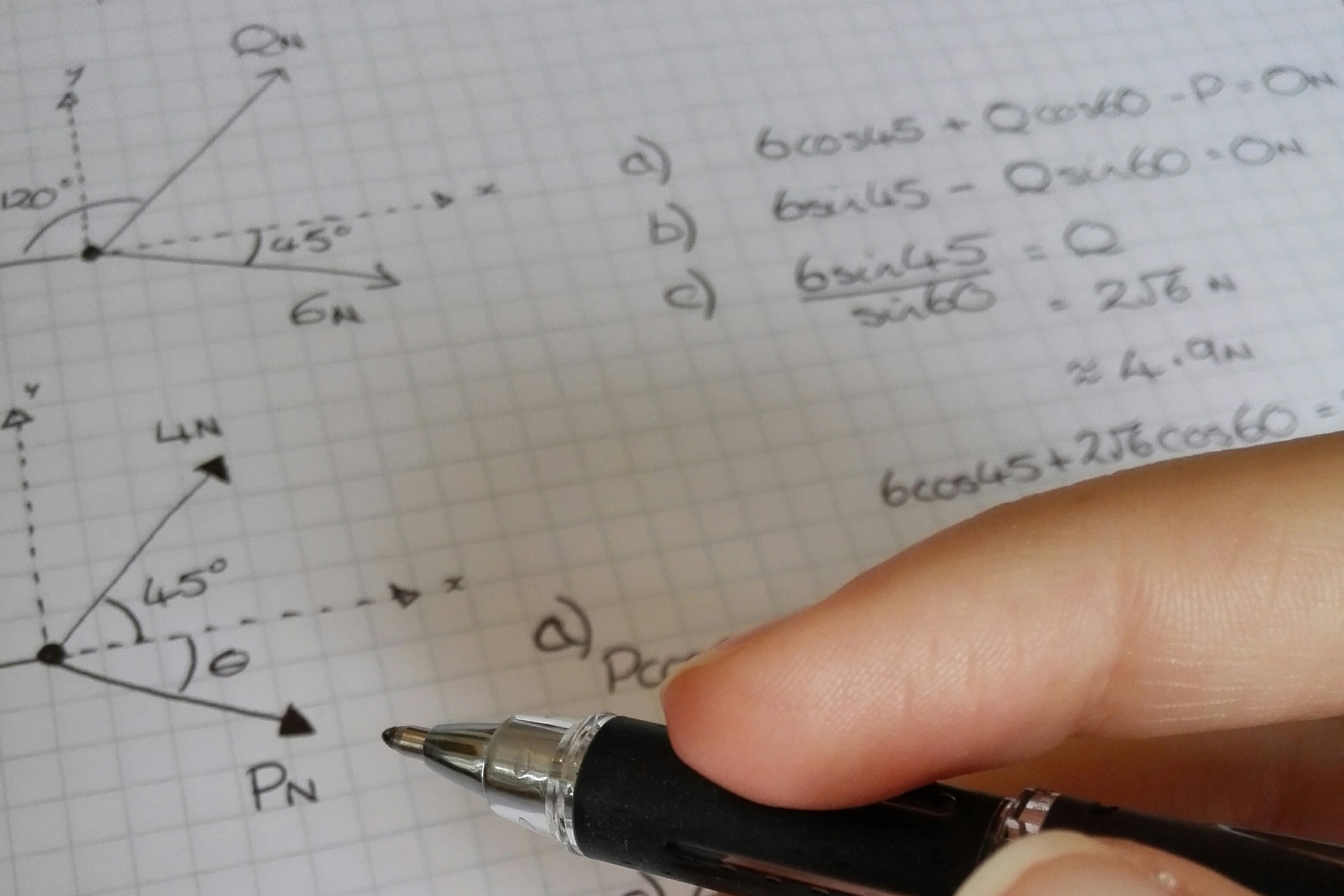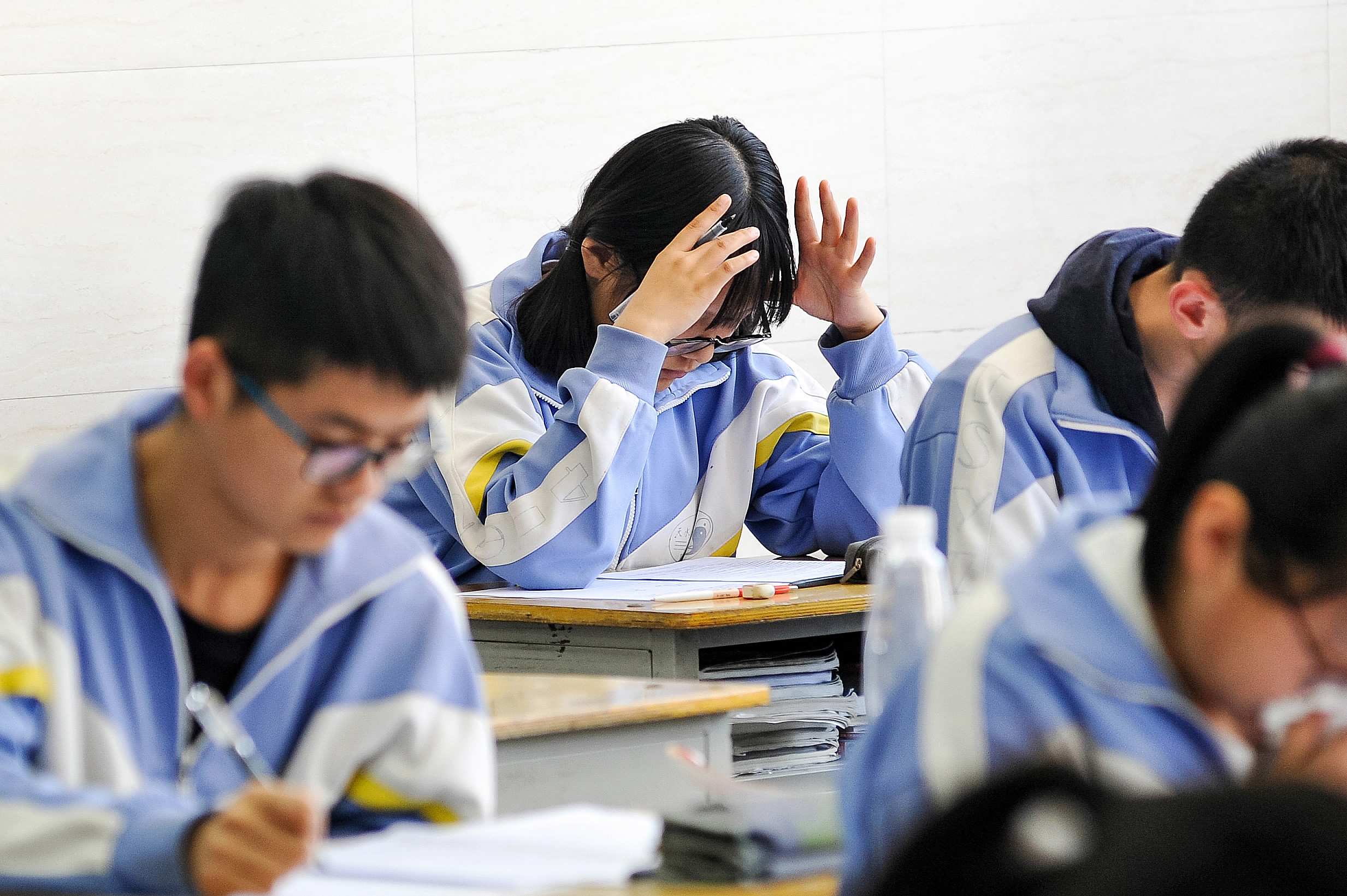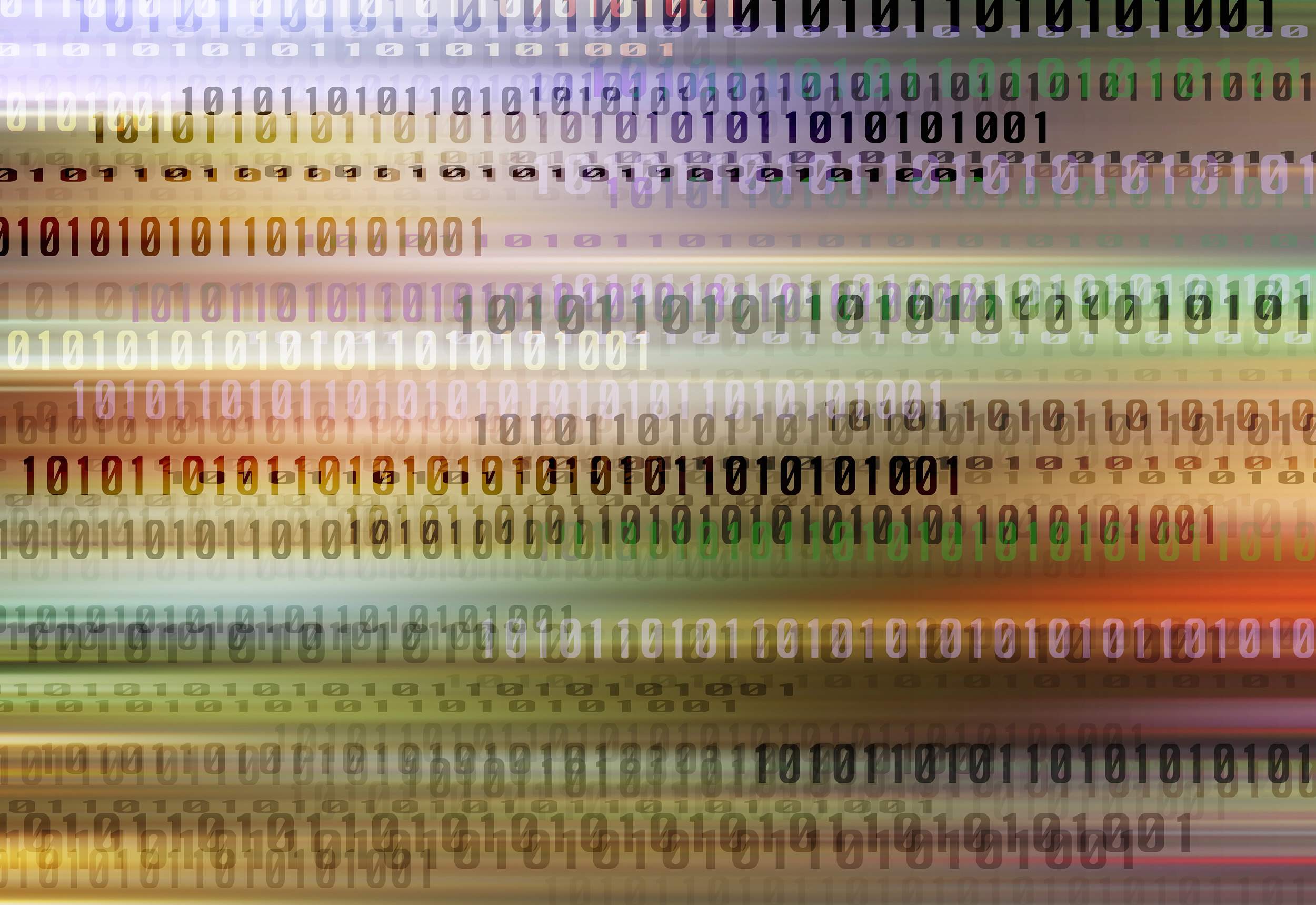Among the millions of Chinese students sitting next week's National College Entrance Examination, or Gaokao, there will be one very special examinee.
According to China News Service, the artificial intelligence system AI-MATHS, developed in Chengdu in southwestern Sichuan Province, will take the two-hour math test in a closed, Internet-free environment right after students finish their written test on June 7.

The AI-MATHS system will be number crunching once the human examinees are done. /CFP Photo
As the tests differ from province to province, AI-MATHS will simultaneously take different exams, supervised by invigilators and the media.
Prior to the Gaokao, AI-MATHS sat a test paper in February, scoring 93 out of 150, lower than the 106 average score human students managed. The research team attributed this failure to poor understanding of practical questions. For example, AI-MATHS could not process social words such as “investment” and “wealth management”.

Gaokao is a stressful time for students across the country. /CFP Photo
“Taking the math exam is to test its theoretical systems, which are designed to solve problems by comprehensive logical reasoning,” said AI-MATHS founder Lin Hui, “Before reasoning, AI-MATHS has to read the question first, which requires an understanding of natural language. There are no boundaries in natural language. So it has to process cognition, association and reasoning to understand the math logic.”
Lin said that this is the major difference between AI-MATHS and the master of chess game AlphaGo, which beat out human players twice.
AI-MATHS has been developed by experts from more than 30 academic institutions in China. It is hoped the robot can gain high enough scores in the Gaokao to go to one of the country's key universities.

AI-MATHS needs to understand the nuances of the language as well as mathematical principles. /CFP Photo
AI-MATHS has been trained in deep learning and computer algorithm and has completed 500 tests and more than 10,000 questions during the past year.
“We want to see how it performs in a small sample data base and the upcoming test is to see whether the system is sound and whether it could have sustainable and fast development,” Lin Hui said, “If the system is able to learn math, then it could be used to study theories in other industries, such as finance, medical and industry 4.0.”









